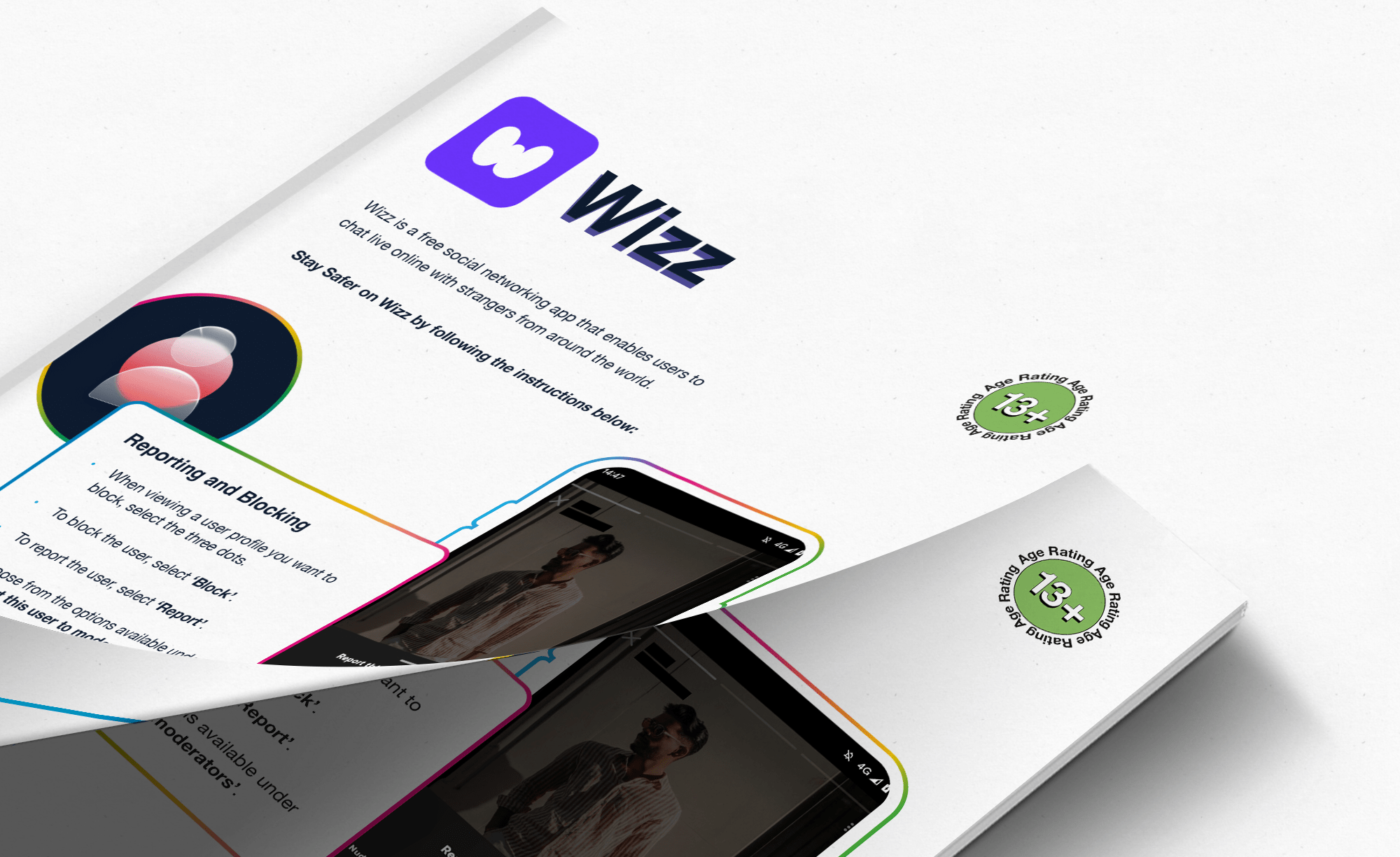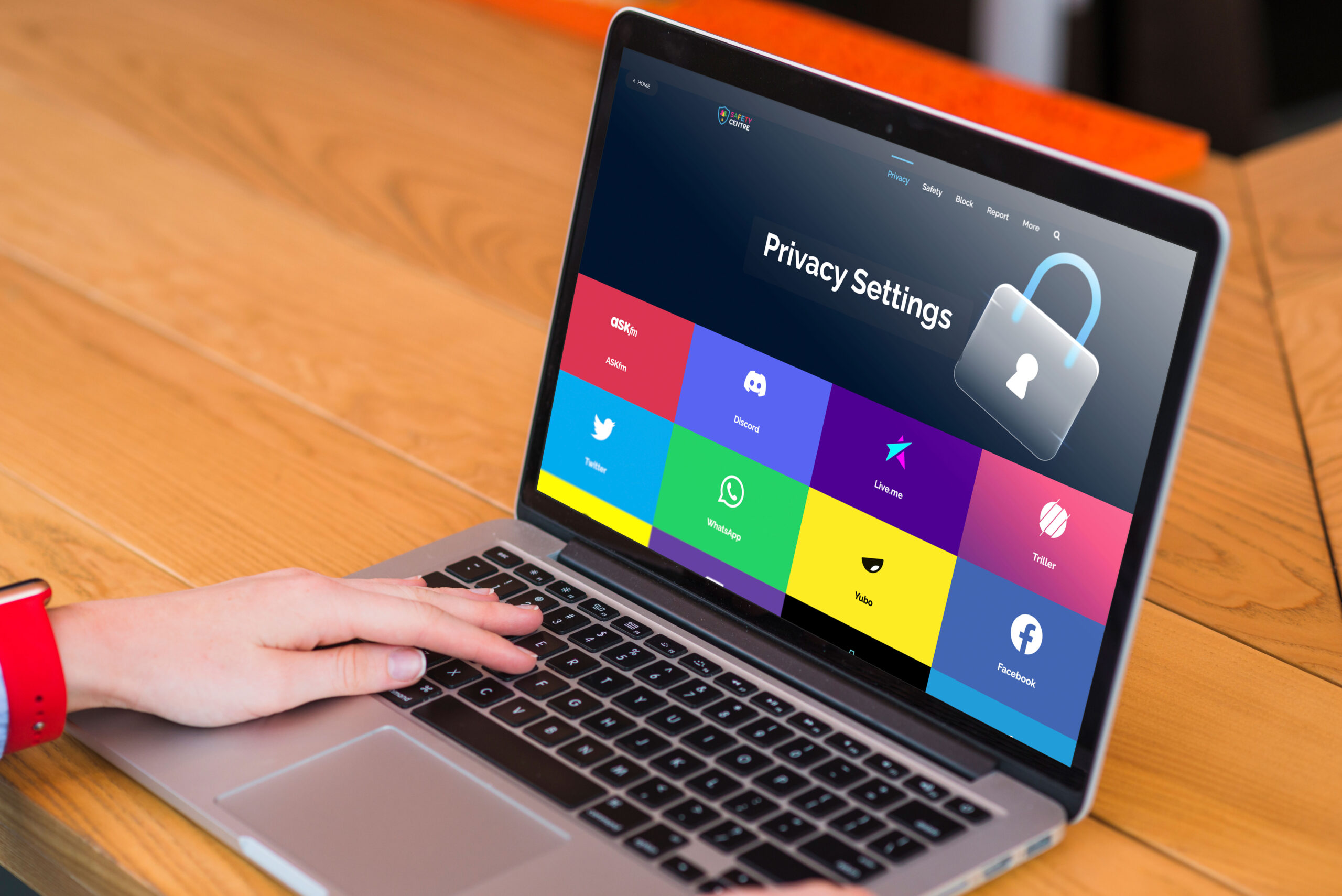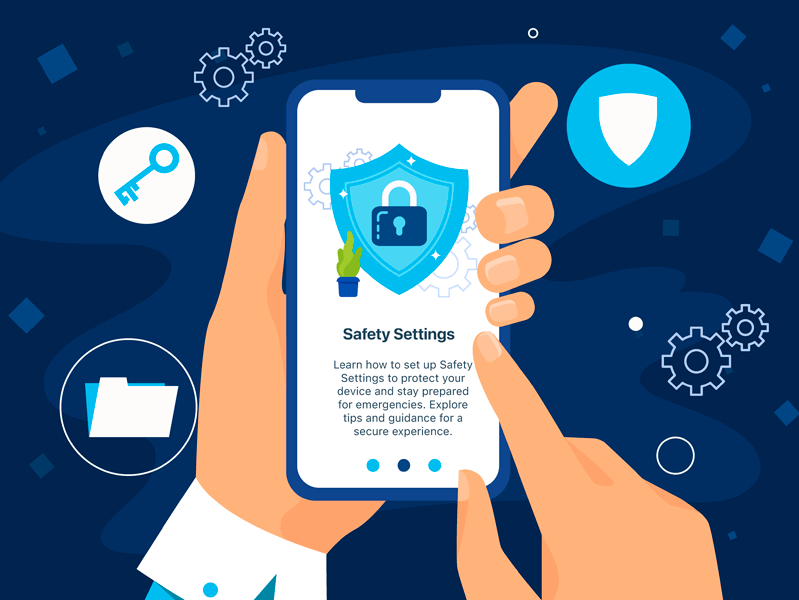Last Updated on 19th August 2025
Reading Time: 3.9 mins
Published: February 9, 2026
Recently, Wizz has been in the headlines after several reports of the app being used by adults, posing as teenagers, to catfish young girls.
While the app brands itself as a safe space for ‘making new friends’, the risks it poses, especially to children and young people, are serious.
Wizz has surged in popularity with young people, but its design closely mirrors popular adult dating apps, featuring profile swiping, location-based filters, and live chat with strangers.
With rising concerns about catfishing and potential exposure to harmful content, we have analysed the platform to uncover key safeguarding risks, and what you can do to help protect the young people in your care.
Why Do Young People Use Wizz?
With loneliness among children and young people at a record high (25% of 15-18-year-olds reported feeling ‘very’ lonely or ‘fairly’ lonely in 2023), it is no surprise that many are turning to the online world, and platforms like Wizz for connection. But what might start as an innocent search for friendship can quickly spiral into risky or unsafe interactions.

Top Tips
Have Open Conversations about Friendships and Loneliness
Begin a conversation about friendship, loneliness and whether the child or young person in your care feels they have support and people to connect with. Making sure a young person feels supported and connected may lessen the likelihood of them turning to strangers online for advice and support.
Join our Safeguarding Hub Newsletter Network
Members of our network receive weekly updates on the trends, risks and threats to children and young people online.











